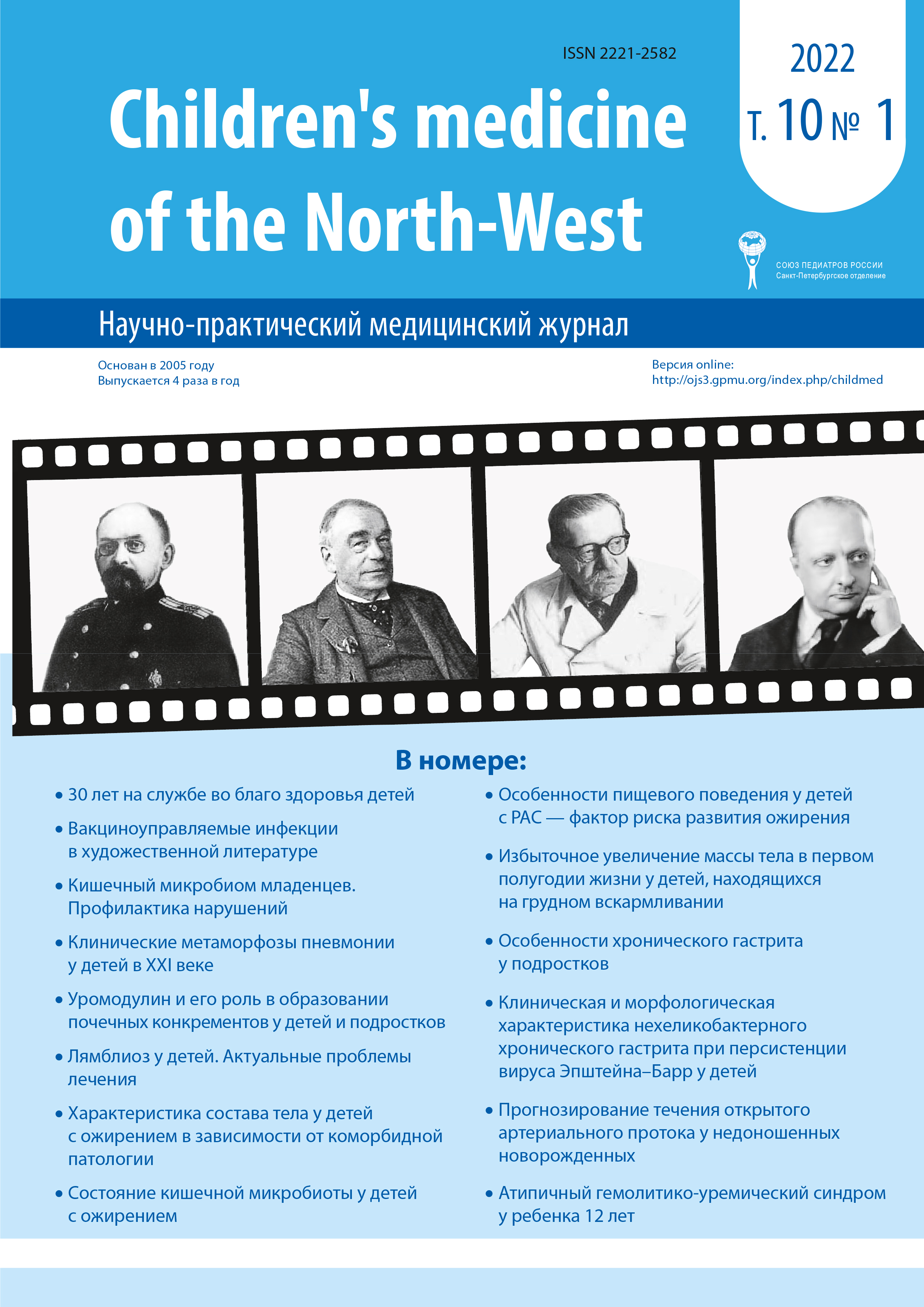GIARDIASIS IN CHILDREN. CURRENT PROBLEMS OF TREATMENT
Abstract
Giardiasis is considered one of the most common protozoan human invasions worldwide. Causative agent is an intestinal parasite called Giardia lamblia. The problem of the treatment of Giardiasis is not only extremely relevant, but also complex. Giardiasis should not be treated only to prevent possible pathophysiological changes in infected persons, but also to prevent the consequences of the disease and interrupt the epidemiological chain of invasions. To date, there is no effective and safe vaccine for the prevention of giardiasis. The best choice for treatment is considered to be chemotherapy with synthetic drugs. In this article we have considered the best known antiparasitic drugs such as metronidazole, tinidazole, albendazole, nitrophorane group, etc. Most synthetic drugs are known to have a number of side effects: nausea, headache, dizziness, metallic taste in the mouth, yellowing of the skin, and increased levels of liver enzymes. The use of both drugs increases the toxicity of the treatment. In recent years, new alternative antiparasitic drugs have been identified and discovered with high efficacy as well as minimal toxicity.



